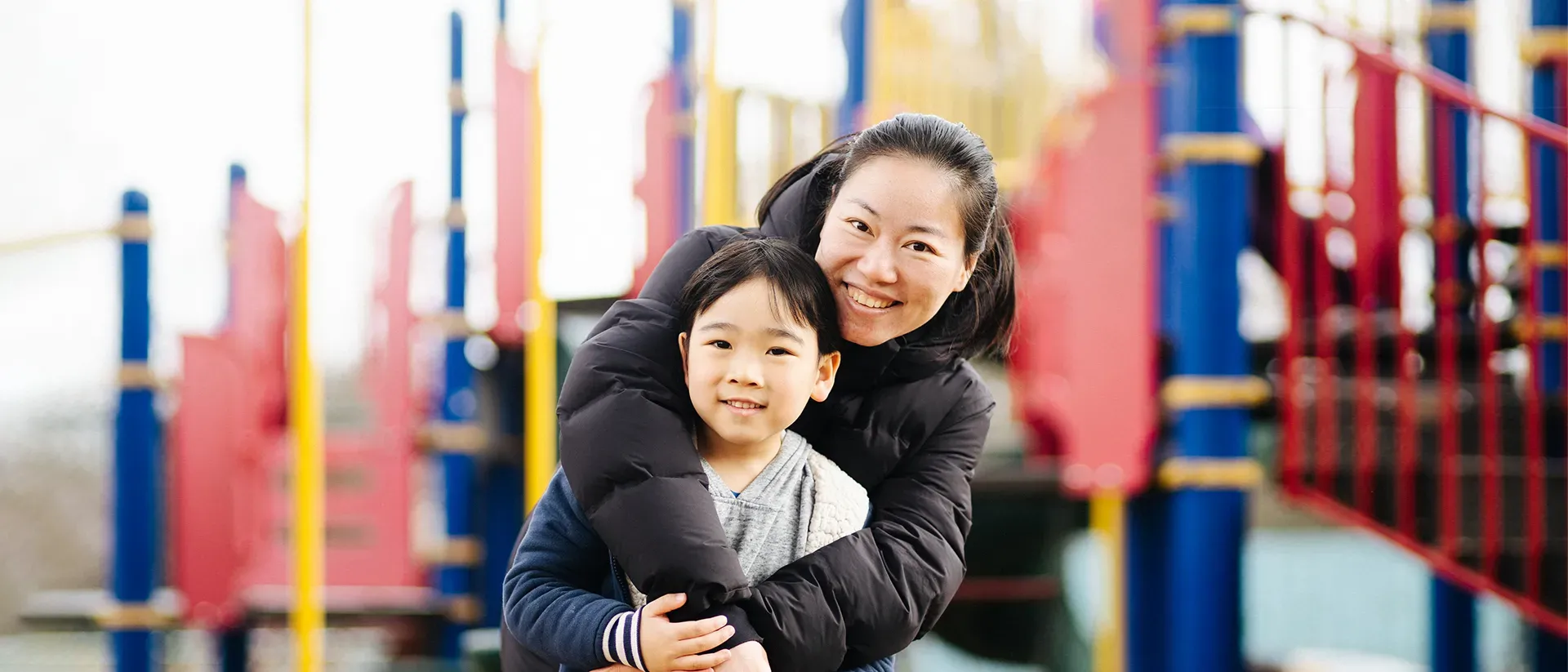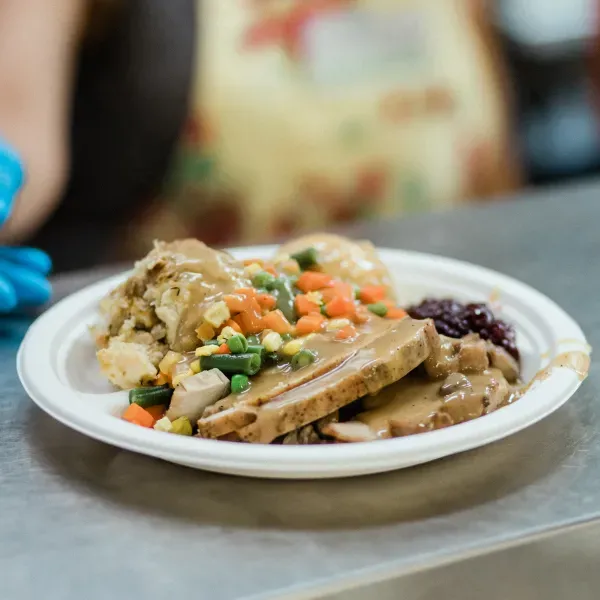[Content warning: This story discusses miscarriage, depression, and suicidal feelings. It may be triggering to some readers.]
[To read this story in Simplified Chinese, click here. 阅读此故事的简体中文版,请点击这里。]
You can tell immediately how much local mom Jasmine loves her kids. When she drops by our new Women & Families Centre to share her story, she’s calm and patient as her children Mark, Julia, and Harris translate for her and then wander off to play Connect 4.
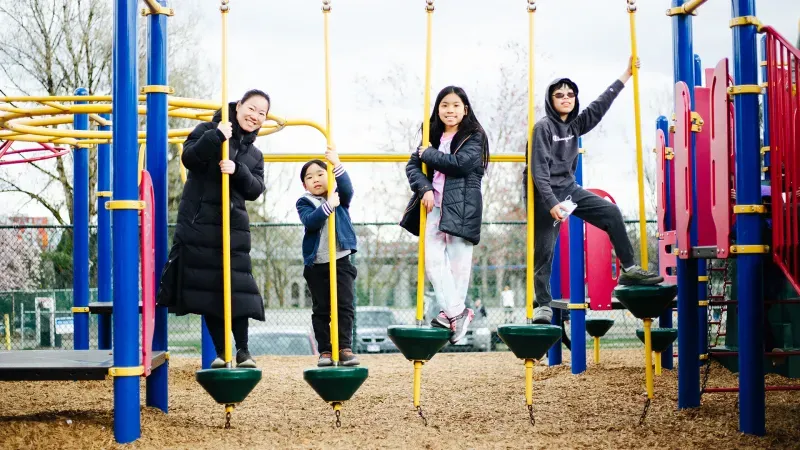
Jasmine’s life is busy: with three children under the age of 12, she is a full-time mom with a lot on her plate. And as an immigrant who came to Canada in 2008, her journey to finding community has had real challenges. “My husband is a Canadian citizen, and I moved from mainland China to Canada after we got married,” she says in Mandarin. Her words will later be translated to English for this story. “I initially went to work at a factory in Richmond, but then had to quit when I found out that I was pregnant. Soon after that, I had a miscarriage. My health became such an issue that my husband told me to stop working and take some rest.”
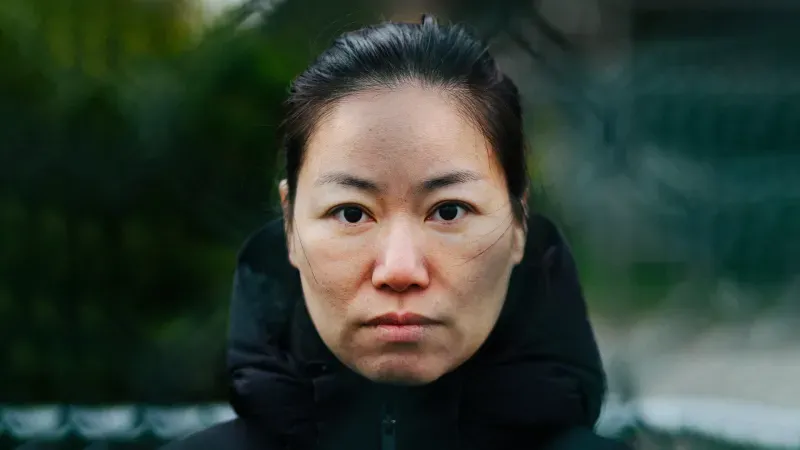
A growing family — and increased isolation
In 2012, Jasmine gave birth to Mark, and experienced her first bout of reduced mental health. “I had depression, but at the time I didn’t realize the issue,” she recalls. “Then after Julia, I suddenly had an outburst and the depression became really serious. I even felt like I wanted to hurt myself. The community nurse suggested that I participate more in community activities, in addition to professional treatment.” The pain Jasmine experienced is sadly familiar to many: pregnancy loss affects between 10 and 20% of pregnancies, while one in seven women develop postpartum depression.
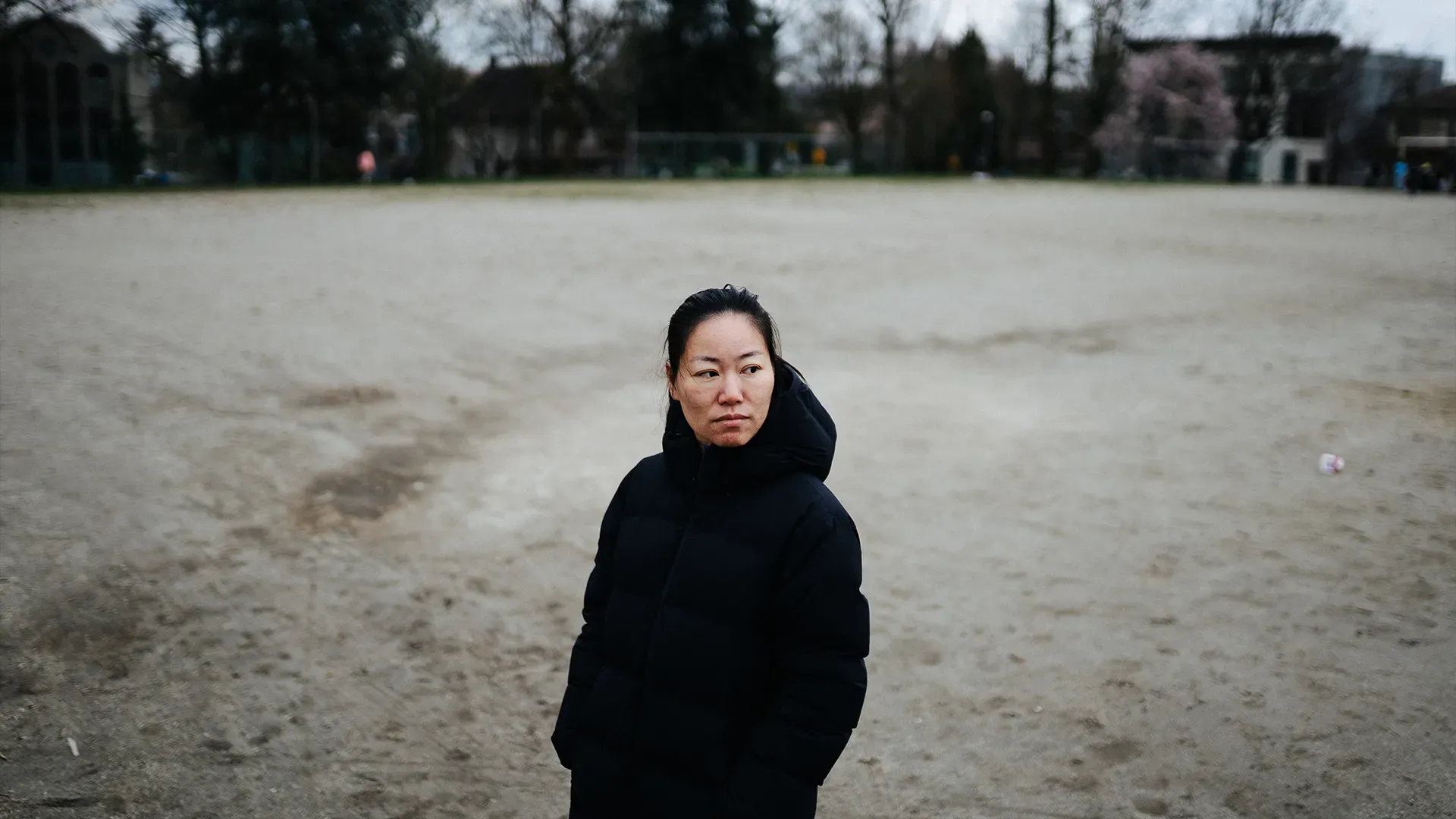
Previously someone who loved to travel, Jasmine became isolated and didn’t know how to connect with the people around her. Compounding her depression was the language barrier: despite her best efforts, Jasmine still struggles to learn English. “I really, really want to be able to learn the language, but it’s so hard,” she says. “It’s like you learn a new word, and you feel confident that you will remember — but within 30 minutes, everything’s gone. It’s such a painful feeling when something that’s so easy for everyone else is somehow so hard for you.”
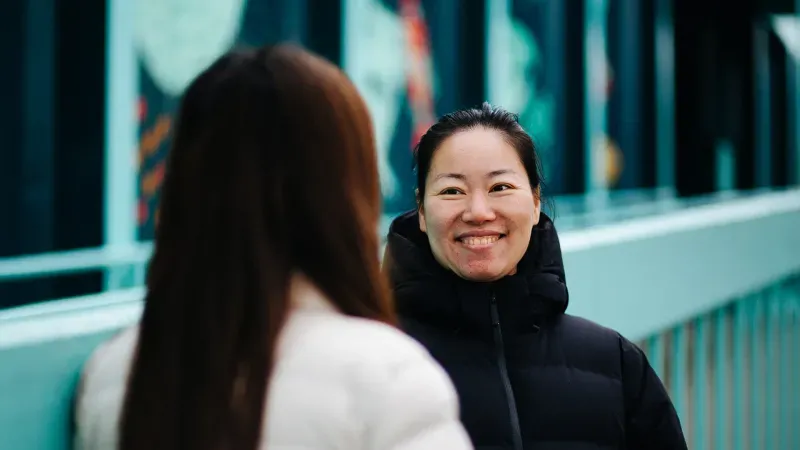
Connecting over shared interests
It was her community nurse who introduced Jasmine to UGM in 2016, helping her overcome her reservations. “She encouraged me to step out of the house and try more activities. She said that it doesn’t matter if I speak English or not — there are so many people here who don’t either.” At the time, Mark and Julia were still too young for UGM’s Eastsiders After School Program, but the family started to join in on visits to the zoo, hiking, and camping excursions. Jasmine got to know the supportive staff at UGM, and when they became old enough, first Mark and then Julia joined Eastsiders, where they enjoy going on field trips, playing sports, and crafting with beads. Harris is still in kindergarten, but is excited to be an Eastsider once he reaches third grade.
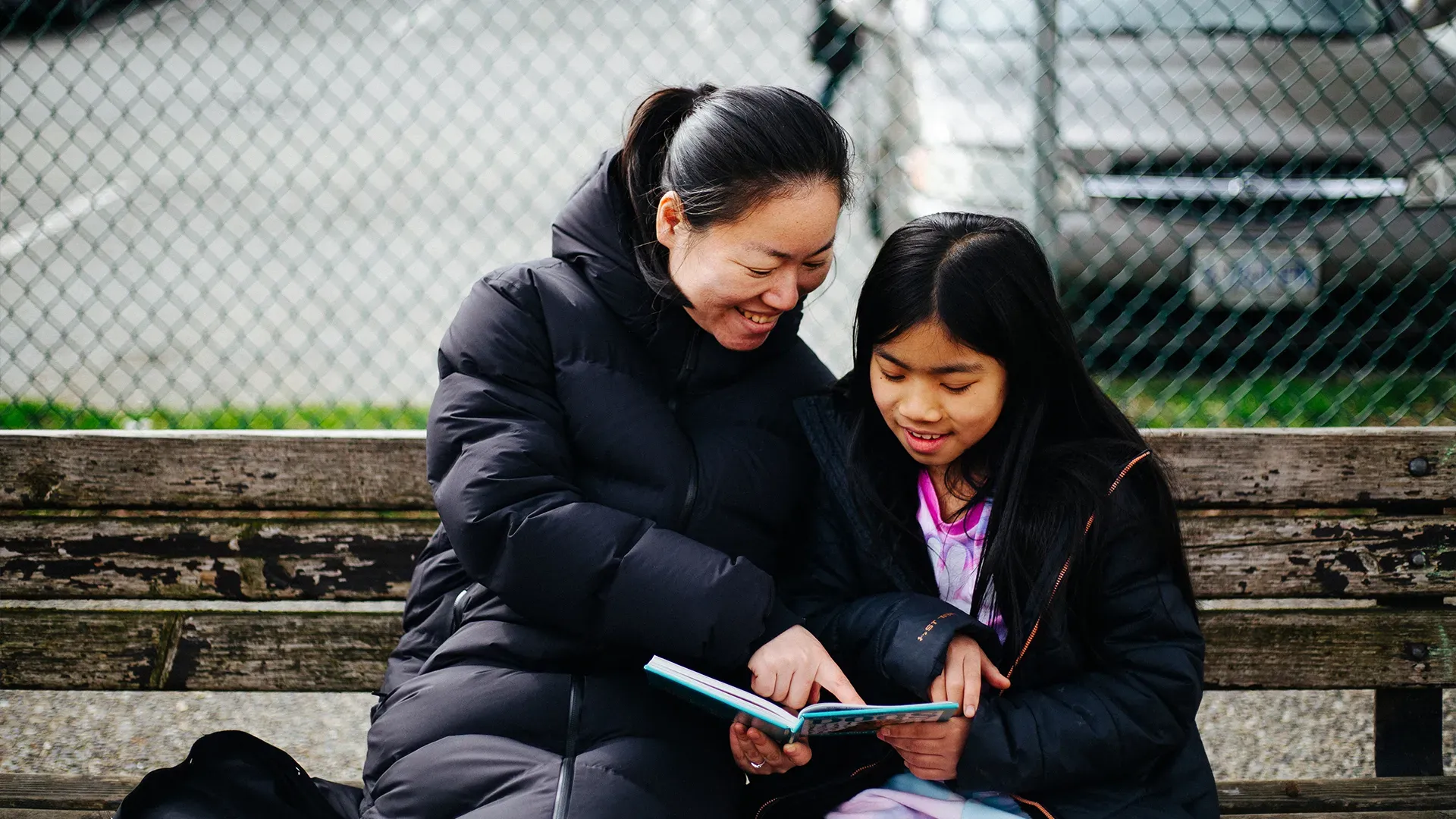
Jasmine has seen how her choice to step out of her comfort zone has benefitted her family. “I’ve noticed since coming to UGM that my relationship with my children has gotten better,” she says. “Sometimes when I find it challenging to communicate, I share my concerns with staff and they help me think through what to do. It’s common for my kids and me to have different opinions and perspectives about things: we need a channel to communicate, and I think that’s what UGM means to us. Our parent-child relationship has been strengthened and nurtured.”
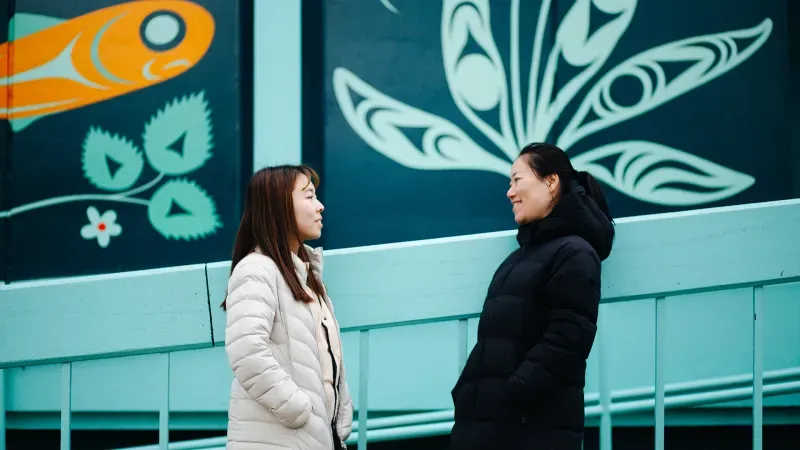
Welcomed into community
Over the years, Jasmine has also enjoyed watching the team at UGM diversify and grow. “Originally, UGM didn’t have anyone speaking Mandarin, and I had to rely on translation apps,” she says. “One thing I really love about UGM is that they’ve now hired so many people who speak diverse languages to help us. This is so great. I hope my children can grow up to be able to speak both Mandarin and English, so they can help more people!”
Though she’s very familiar with the valleys of depression, Jasmine describes her life now as a good one. “I know what it’s like to have no one to turn to, and no way to meet other people and learn their stories. I’m grateful: every time I feel that I’m stuck, there’s always someone from the community or UGM who texts me, and invites me to gatherings and events. The one thing I really feel attached to about this neighbourhood is the community, the people, and UGM.”
And as she builds new friendships and continues expanding her horizons, Jasmine dreams of bright futures for Mark, Julia, and Harris. “I hope the children can grow up to be happy, fulfilled adults,” she says. “I don’t need any grand achievements—I just hope they can live their own beautiful lives.”
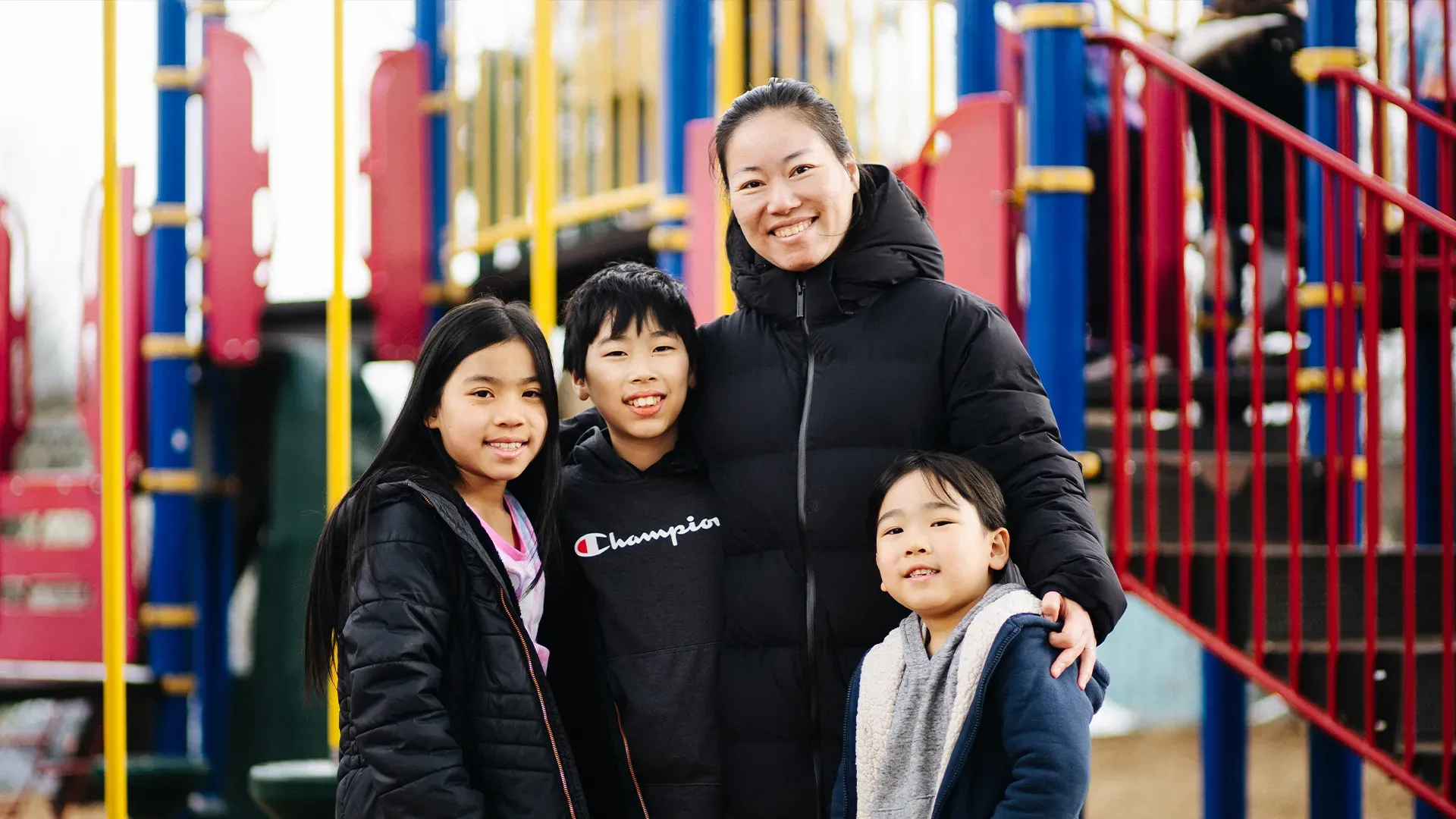
If you or someone you love is struggling with depression, please know that there is help. The BC Mental Health Support Line is free to call and available 24/7 at 310-6789 (no area code).
President's Message
Two are better than one, because they have a good return for their labour: if either of them falls down, one can help the other up. — Ecclesiastes 4:9–10 (NIV)
Last fall, within three weeks of arriving at Union Gospel Mission, I was invited to attend a Celebration of Achievement. These commencement events happen regularly around here: they are a moment to recognize and celebrate the people moving from formal recovery programming into aftercare and their ongoing recovery journey.
During the celebration, Collin, the President of our Men’s Alumni Association, came to the front. In his role as President, he welcomed the four new members of the alumni: the four men who had completed their first six months of sobriety. He said that the Alumni Association was there to support its new members. And then he said, “If you’re here as a family member or friend of one of our four new alumni, or if you’re alumni yourself, why don’t you come to the front and welcome them.”
Twenty to thirty people popped up. I don’t think there was a single handshake in that room: there was nothing but hugging and words of affirmation. Each new alumni was embraced and celebrated. And as I started to well up a bit (which this hardcore German does not do very often), it occurred to me: this is the core of what we do here at UGM. We come around each other to acknowledge, support, and celebrate each other’s humanity. We honour the continuing story of every one of our community members, knowing that there’s no limit to where they can go next.
What we're doing—helping people overcome poverty, homelessness, and addiction—is only working because we're gathering together. We're standing up to welcome others. With caring donors like you, loving staff, and a connected community, we're making sure no one has to travel alone.
Thank you for joining us on this journey,

Send a Kid to Camp. Help Change a Life!
Camps ensure kids can build friendships—and bright futures. But rising costs are making it harder for low-income families to afford meaningful summer experiences. From May 1 to 31, your gift will be MATCHED to help send twice as many kids to camp this summer!

